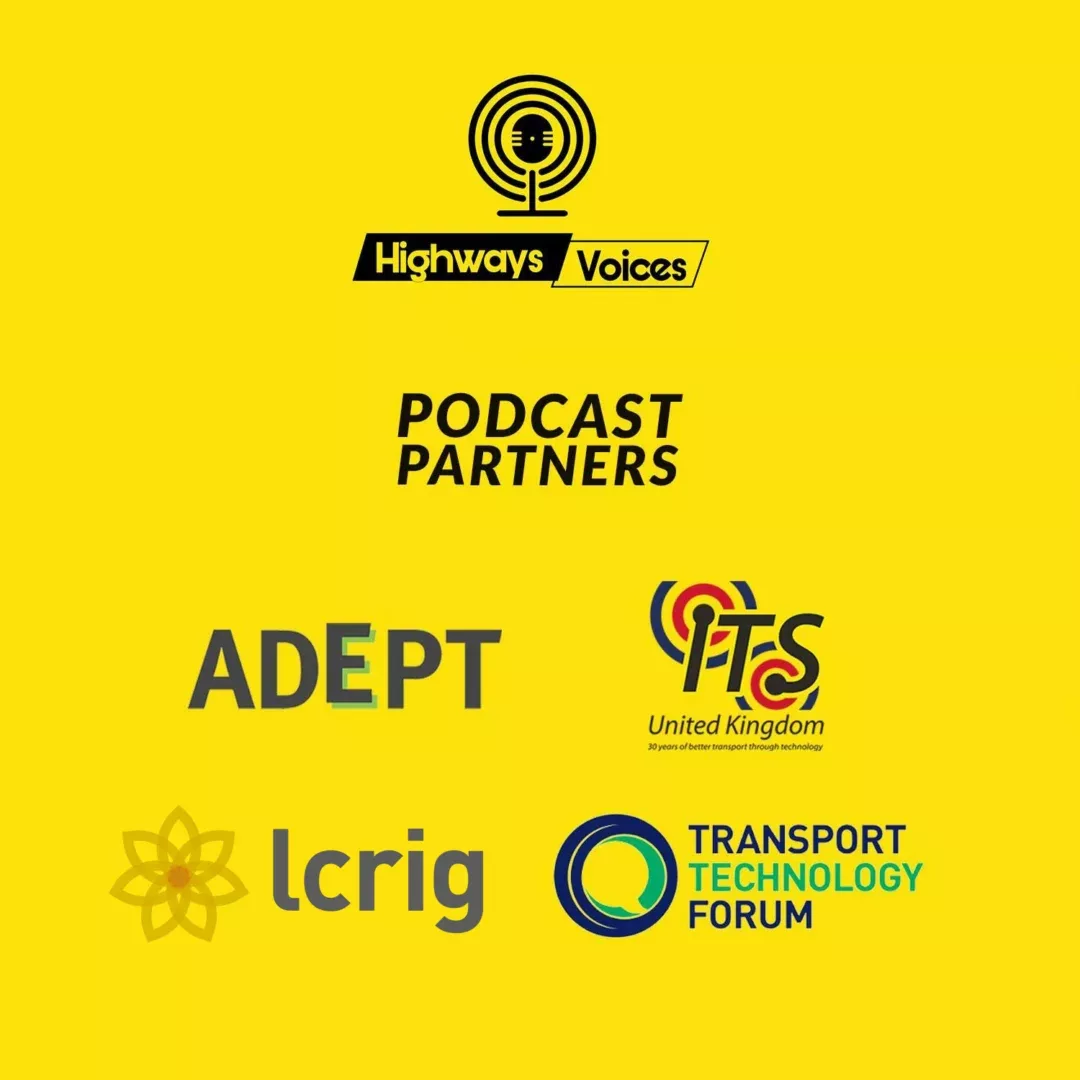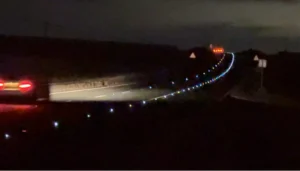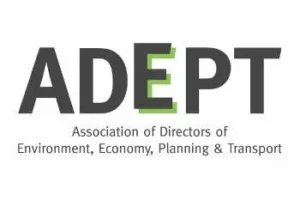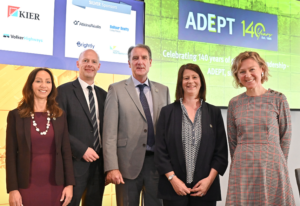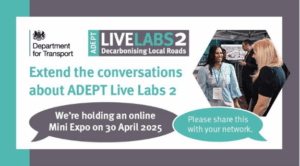This week on Highways Voices talk about the new guidance for local highways authorities about consistent carbon measurement and reporting, that includes Scope 3 emissions.
Simon Wilson from the Future Highways Research Group updates us about guidance around consistent carbon measurement and reporting.
He joined in March last year to talk about Scope 1 and 2 greenhouse gas emissions measurement, and is now back to talk about his work looking at Scope 3.
Subscribe to Highways Voices free on Apple Podcasts, Spotify, Amazon Music, Google Podcasts or Pocket Casts and never miss an episode!
Scope 1 covers direct carbon emissions from Local Authority-owned or controlled sources, Scope 2 is all about indirect emissions from the generation of purchased electricity, steam, heating, and cooling consumed by the authority while Scope 3addresses supply chain emissions, including emissions from purchased goods and services.
“It comes with a cluster of problems on the basis that the supply chains are typically really very complicated,” Mr Wilson explains. “Especially for highways authorities – they’re multi tiered, you have multi disciplines and multiple disciplines across the supply chain. So you have different people doing different things with different materials using different processes, working seasonally, and you also have a huge diversity of readiness, some supply chain partners are very ready to report carbon, but probably not in a consistent way.”
In the chat he talks about the work done alongside ADEPT, what the value is in quantifying emissions and how it will have an effect on decision making in the future.
You’ll also hear why National Highways wins Adrians Accolade, and, in our partner news, about more help for local authorities around bidding for a share of the Government’s £70 million traffic signals funding.



